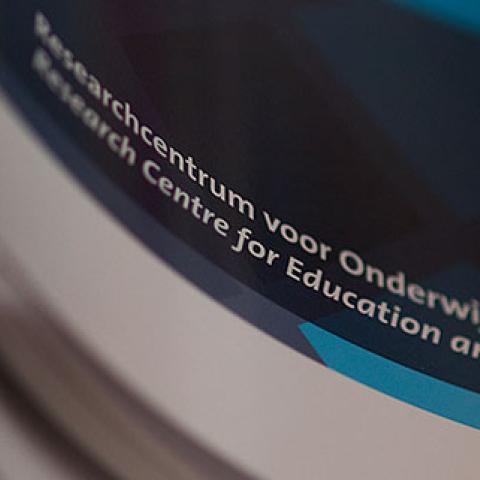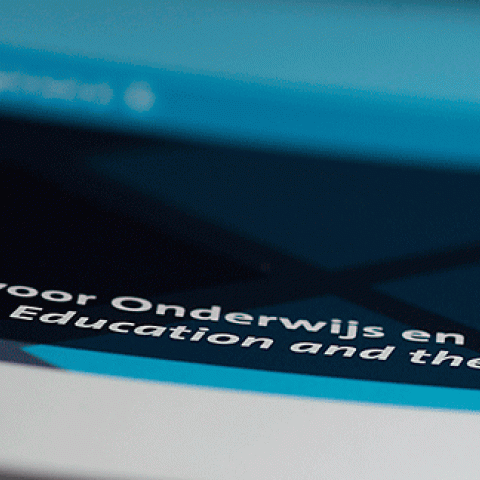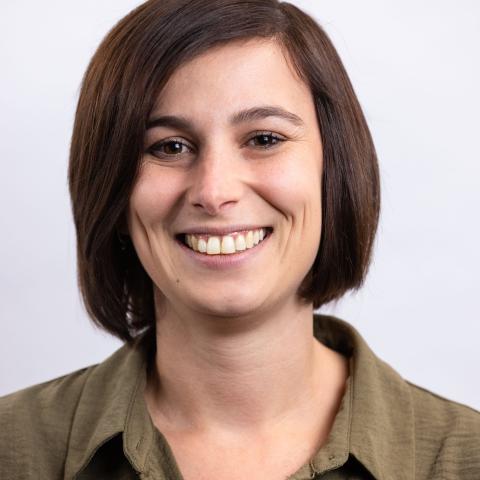-
News

Fighting School Segregation: A Policy Analysis of Municipal Approaches to Educational Segregation in Dutch Primary Education
New Research Memorandum
read moreThe next generation: PSE ’25
Our PhD candidate, Pelin Özgül, and two other economists were interviewed by Tim Phillips at the PSE-CEPR Policy Forum 2025.
read more

Mapping regional vulnerability to the energy transition: the case of the Netherlands
Publication by Daniele Gasparini, Peter Mulder & Jessie Bakens in Review of Regional Research
read more -
Events

Learning and Work Hybrid Seminars, Maastricht University, SBE, Autumn/Winter 2025
Our regular Tuesday hybrid seminar series (from 12:00 to 13:00, onsite and also via Microsoft Teams) features researchers from different disciplines, with focuses on both academic and policy issues.
read more
PhD Defence Babs Jacobs
Babs Jacobs will defend her PhD thesis on Thursday, 18 september 2025, at 13:00 hours at the Auditorium of the Maastricht University (Minderbroedersberg 4-6, Maastricht).
read more -
ROA mission
The Research Centre for Education and the Labour Market (ROA) is a research institute of the Maastricht University School of Business and Economics, established in 1986. The overarching research theme of ROA is the acquisition and depreciation of human capital over the life course in relation to the dynamics of the labor market. ROA aims to do high level scientific research with a substantial policy impact. This dual mission is pursued in all research project, regardless of the type of funding (fundamental or commissioned research). ROA receives funding from scientific funds (e.g. NRO, NWO, NETSPAR, ORA, H2020), as well as from national and international authorities (Ministries, European Commission, OECD) and various other organizations such as training funds, educational institutes and regional governments. For more information, please click here
